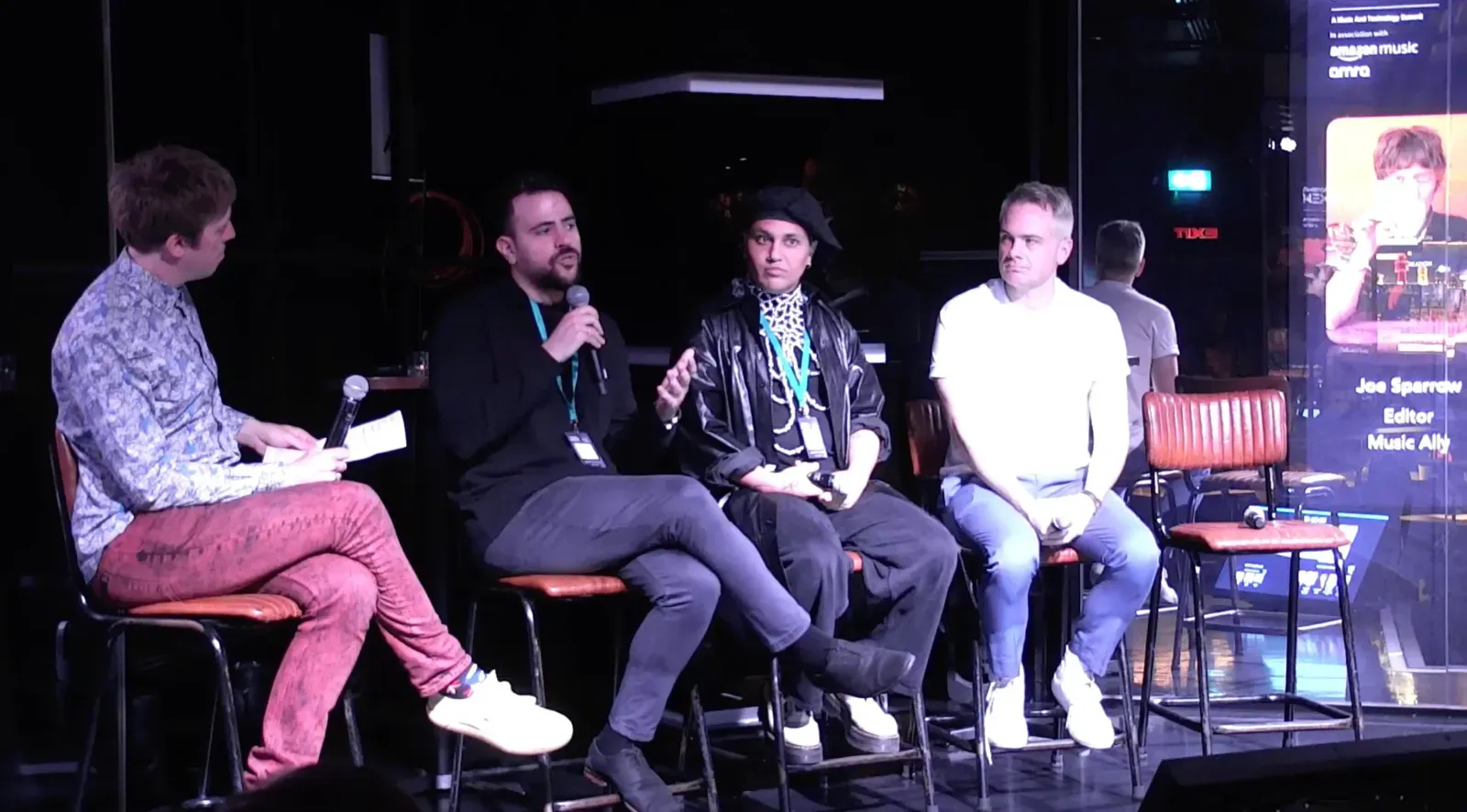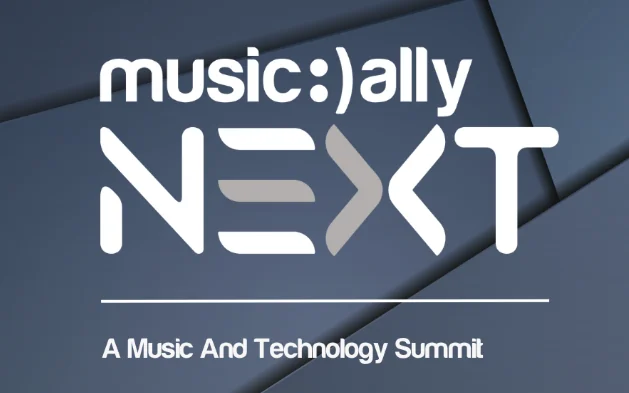The Music Ally NEXT conference, a leading event spotlighting the intersection of technology and the music business, has once again proven to be a great gathering for industry professionals and music-tech enthusiasts. This year’s conference underscored the most relevant trends, technologies, and companies shaping the future of the music business- the most prominent was music AI tools and ethics. Aiode, a key player in the music AI creation space, and the first to create virtualized musicians, was thrilled to be part of this transformative event.
The one-day event was a melting pot of ideas and innovations, providing practical insights from a wide range of companies and industry experts. For Aiode, the conference was a testament to the growing synergy of Music AI into the general music industry realm , highlighting the exciting potential that AI brings to the music industry, while discussing the risk of unethical training and sourcing of music data.

“AI should be an enhancement tool, rather than a replacement tool. I think artists will stay artists, it’s part of our soul, it’s what we love doing and what keeps the business going, so if more and more companies adopt that thinking… we’ll be in a better world, in 5 years.” Idan Dobrecki, Aiode.
It’s heartening to see the artist community, especially those at the Association of Independent Music (AIM), embracing AI while supporting initiatives like Fairly Trained and AI OK. We at Aiode, loved this session as one of our core company values is integrity, we believe that responsible, ethical AI tools that implement a fair and collaborative business logic will have a better commercial out put than other.
The “Protection and Compliance” mini panel with Ed Newton-Rex and Andrew Batey provided a thought-provoking discourse on the ethical implications of AI in music.
Ed Newton-Rex emphasized the need for responsible AI model building and regular audits to maintain control over AI’s impact on human creativity. Meanwhile, Andrew Batey’s candid remark, “We should just sue everybody!” added a humorous yet critical perspective on over-regulating technology, which could potentially hinder less professional artists.
